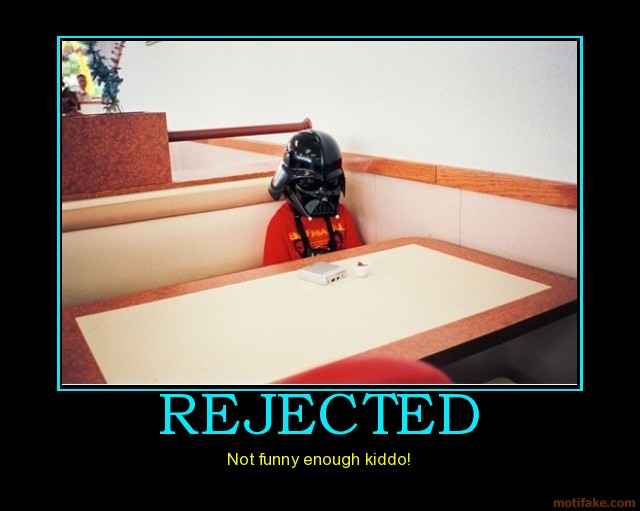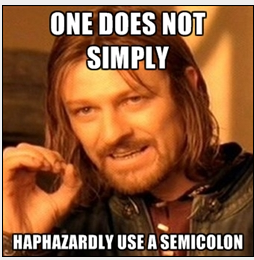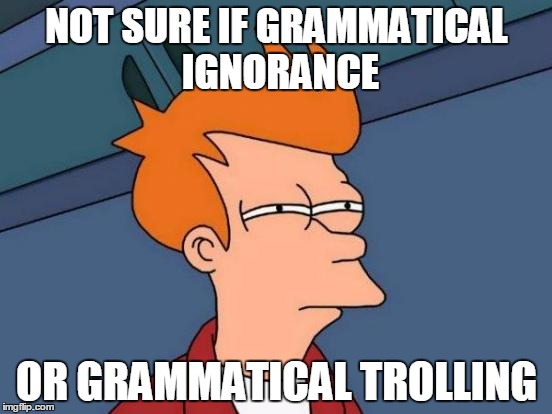I'm one of the people that generally agree the system has some flaws, I don't however think an overhaul is necessary just better examples of play that include a wider range of sample results, and some going through and cleaning up inconsistencies (such as the example of healing and ship repair).
in any case the system is sound for what it is trying to accomplish just not always as clear as it could be.



